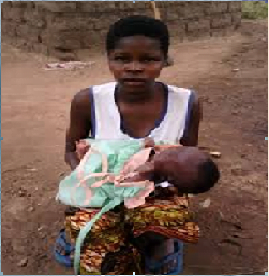
Tanzania’s efforts to see all school-aged children in primary school got well underway in 2002 with implementation of the Primary Education Development Plan (PEDP) where the planned enrolment of 1,500,000 children was exceeded. The abolition of mandatory contributions including school fees and relaxation of the uniform requirement were among the steps taken under the education sector reform process, which aims to have all primary school aged children in school by 2006. Nationally, major educational issues for girls are late entry into primary grade one, early marriage, poor performance in the Primary School Leaving Exam, and high rates of repetition. At the secondary level, the trend is improving. However, there are still some challenges around retention and completion of secondary school cycle. (120)
The study titled “A cry from voiceless school girl in Shinyanga region, Tanzania” examined the social-cultural norms among Sukuma tribe that contributes to poor access to education among girls in Shinyanga Region with particular focus to rural areas. The study examined the influence both from demand and supply side. From the demand side the study targeted pupils, parents, Civil Society Organizations (CSOs), and community members. Whereas from the supply side, the study targeted Head teachers, teachers, District Education Officers, Regional Education Officers, Village Executive Officers,Trade Unions etc.
Accordingly, the research has found that some of the key causal factors for girls to drop out in Shinyanga Region are Livelihood choices and opportunities, accessibility, gender and sexual based violence and norms and culture within the Sukuma people.
To reverse the observed challenges, the researcher has proposed a number of solutions all geared towards raising knowledge and awareness on gender, pupils participation i.e. pupils especially girls representation in school committees, teachers recruitment and deployment in the most needy communities, addressing gender and sexual based violence, improved community and parental support to girls education and setting of and reinforcing pro-poor policies and institutional frameworks.
3 responses to “A cry from voiceless school girl in Shinyanga region, Tanzania”

This true it happening in many countries

For sure COVID-19 has worsened the situation for our children especially the girls with unprecedented rates of teenage pregnancies and early marriages.

It required to everyone to end child neglect in the world
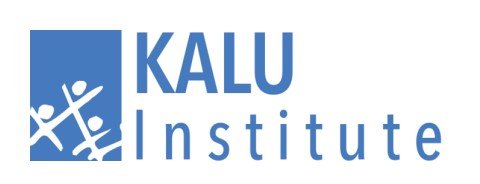
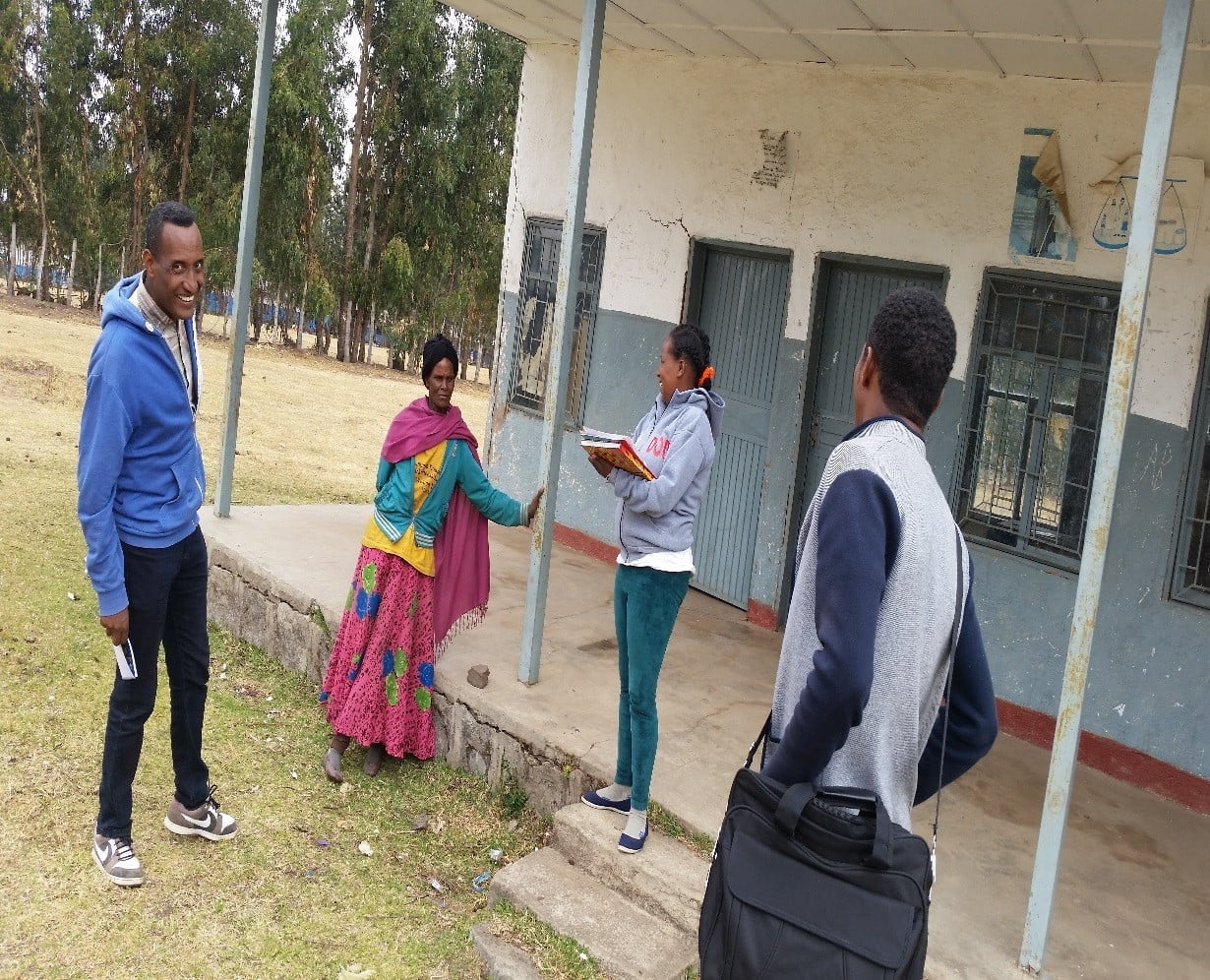

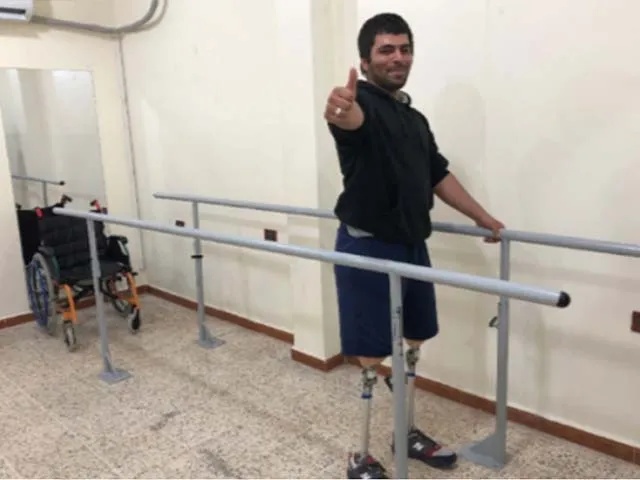
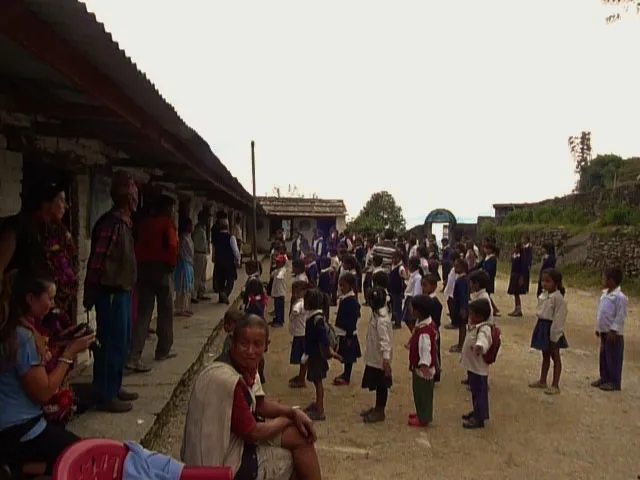

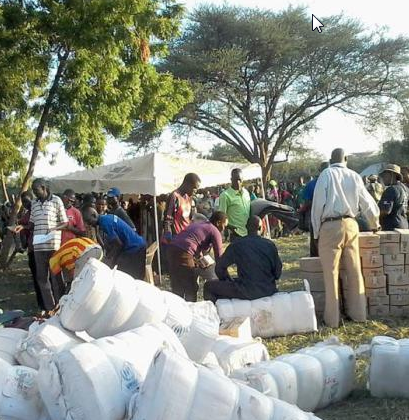
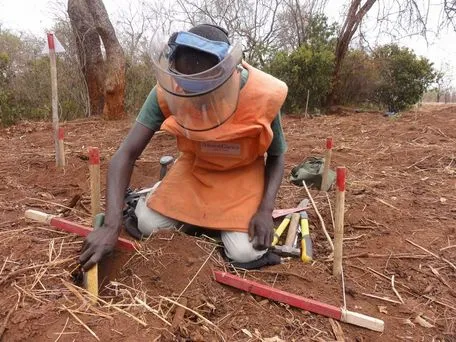

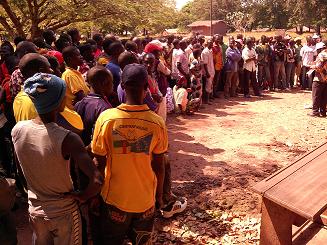
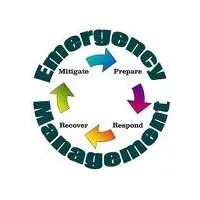
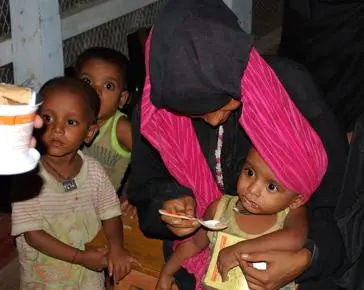

Leave a Reply